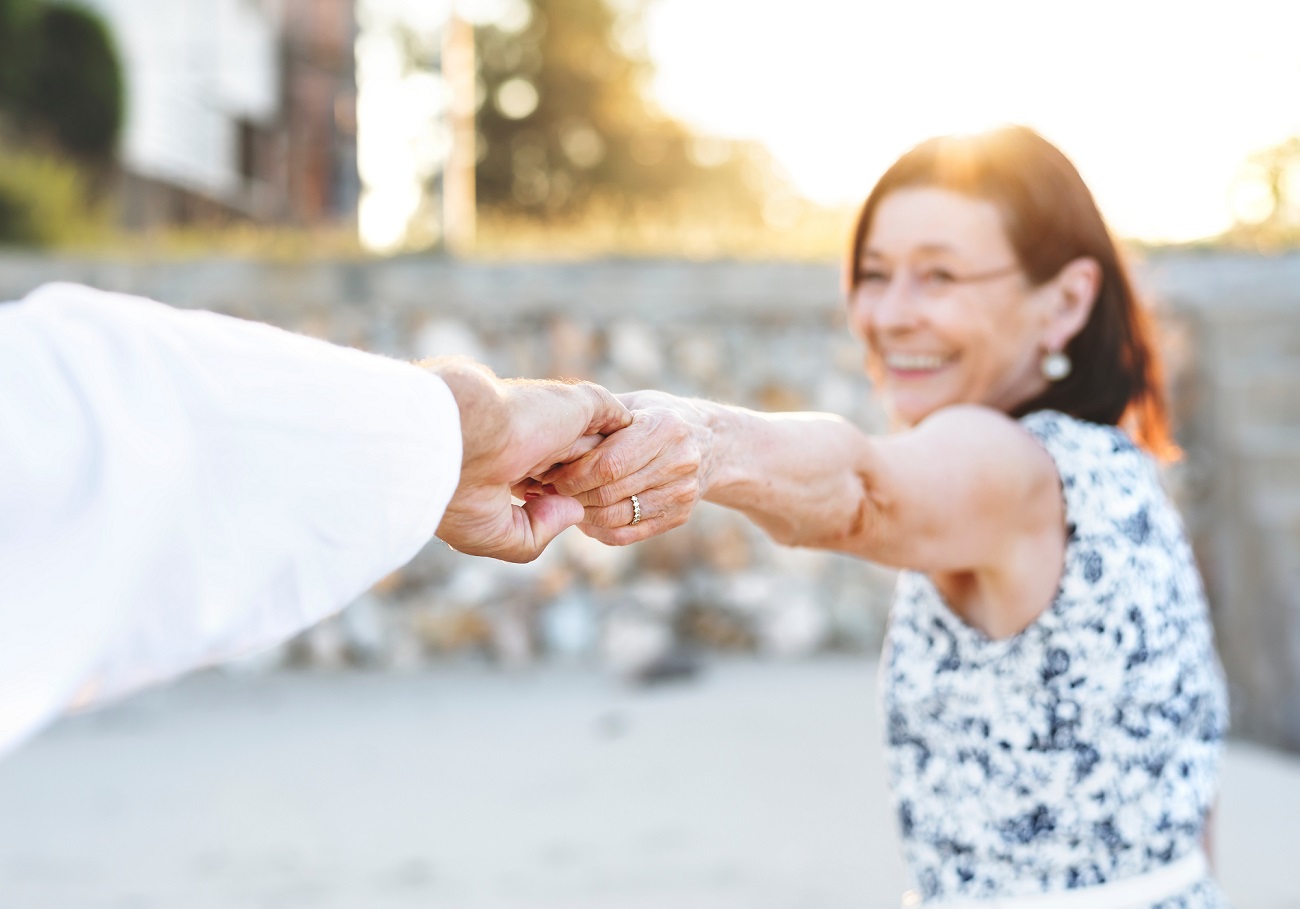
Elderly Skin Care Tips For Aging Skin And Avoiding Disease
Elderly are more susceptible to skin infection and skin disease due to changes in the skin as they age. The skin gets softer, thinner and dryer. It injures easier and heals rather slowly. Seniors are therefore prone to skin problems ranging from itching, scaling and mild dryness to severe skin conditions such as infections and ulcerations. Severe skin infection or non-healing wound can be very serious, even fatal in the elderly.
"Sun exposure is the most common cause of pre-cancers and skin cancer." - Skin Cancer Foundation
Common conditions in the elderly skin
Dermatitis:
Dermatitis is common in all age groups, but can be especially dangerous for the elderly. Dermatitis is a skin that is overly dry or itchy. In milder cases, this can be dermatitis in which there is only a certain amount of irritation and dryness.
If the symptoms get worse, however, you may see exfoliative dermatitis with more excessive peeling and shedding. It is important to control these conditions as soon as possible, as they can lead to a wide range of serious infections, which could endanger the overall health and safety of the individual.
Senile Purpura:
It is perfectly normal for some elderly people having skin discolouration. This particular disorder refers to purple spots (arms and legs) that appear on the body. This is because the skin gets so thin that the blood vessels and capillaries are exposed to the surface because of their proximity.
Skin Infections/ parasites:
If you notice an unseen rash, swelling, or skin that is abnormally warm to the touch, it may indicate that you have an infection of the skin or a parasite. This is a very serious problem, which must be dealt with immediately, from bacterial to parasitic infections.
Cancerous and noncancerous skin growths.
Viral skin disorders — such as shingles and herpes zoster.
Skin care tips for the Seniors:
- Avoid very hot and cold baths and frequent showers.
- Use only mild soaps for bath, and gently apply moisturizers to the skin after every shower or bath.
- Take special care to avoid developing bedsores, especially for incontinent or bedridden persons. These people must be frequently turned to prevent pressure- sensitive ulcers. It is also essential that absorbent products and catheters are frequently changed.
- Always wear sunscreen, even if you plan to sit in a car, before going to the sun.
- Clothes, sheets and hygiene products must be changed regularly.
To promote healthy skin, seniors should also:
- Avoid or quit smoking
- Never expose themselves directly to the sun without sunblock
- Stay hydrated always by drinking more liquids
- Use a room humidifier during the winter and in dry climates
- Avoid hot and dry places, such as saunas.
Older people generally have special needs for skin care because the aging skin is so thin and dry. When it gets too dry, it is prone to cracking and dermatitis, which allows bacteria to penetrate which can lead to infection.
The caregivers and family members should be aware what can be done for preventing the problem related to skin in older people. After all, prevention is better than cure.






